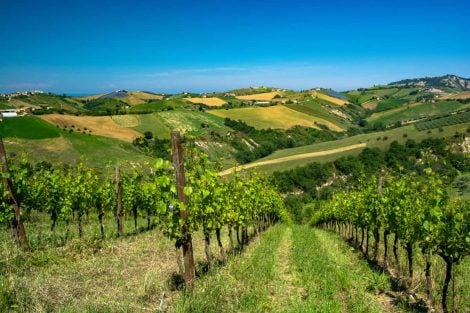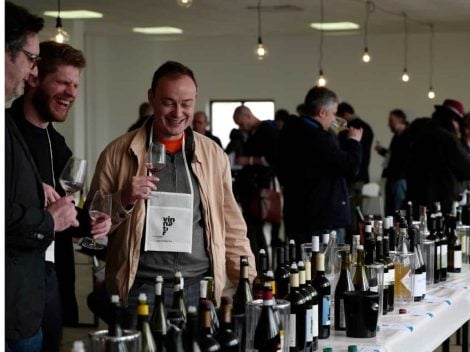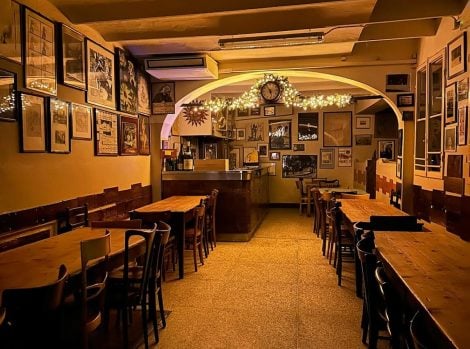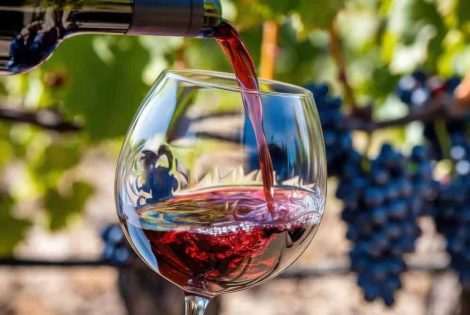They are 26 nuns from every corner of the planet and they live in one of the most important and impressive cloistered nunneries in Italy. They wake up every morning at 5 a.m. according to the Benedictine motto 'ora et labora' and, after prayers, they tend to the vegetable garden, the lavender field, the orchard, an aloe greenhouse and a vineyard. The nuns support themselves by producing syrups, essential oils and three different types of skincare products, whose ingredients include honey, which is also made in the convent. But above all, the cloistered nuns of the Cistercian Monastery of Saints Gervasio and Protasio in Vittorio Veneto produce a natural prosecco. Leading the sisters is the not even 40-year-old Mother Aline: born Aline Pereira Ghammachi in Macapa, Brazil thirty-eight years ago and at the convent since she was twenty, and elected abbess in February 2018, she is now a full-fledged Venetian. With a degree in economics and a decade of experience in communication, she has changed the convent's mission by opening it up to the world in order to be self-supporting and to follow the vocation for wine production of this sacred place. It is thanks to her and to 74-year-old Mother Maria Paola Dal Zotto, who has been wearing the veil since 2001, that the vineyard has been cared for and the first abbey wine with night-time harvesting has been produced.
Entrepreneur Sarah dei Tos
The agreement came about by chance two years ago with entrepreneur Sarah dei Tos, a wine producer with land a few kilometres away from the monastery. Here, at La Vigna di Sarah, they had already been experimenting with harvesting after sunset for nine years, taking advantage of the cooler temperatures at night to slow down the fermentation process of the freshly harvested grapes, so as to preserve the organoleptic qualities of the Glera grapes and thus use as little sulphur as possible. "One day this girl showed up at the convent," explains Mother Aline, "I thought she wanted to become a nun, instead she just wanted to meet us. She saw that we had a vineyard and proposed a collaboration to produce a wine with her label. We knew nothing about grape harvesting, we trusted her and the product is doing very well. We produce 5 thousand bottles a year."
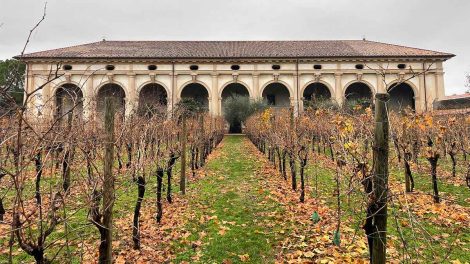
The nuns' vineyar
The Prosecco DOCG Conegliano Valdobbiadene vineyard, hidden within the walls, was first planted in the 1700s. Today, the plants, replaced over time, lie on limestone rocks and dry, shallow soil. Everything is organic and zero-kilometre, the nuns do not use anything that is not natural. "Firstly because we love products made with our own hands," explains Mother Aline, "plus because we have bees here that make honey and we would never want them to eat chemicals. Ours is a small vineyard, 6,000 square metres for 5,000 bottles a year, it would be absurd to use pesticides”. More than vine diseases, moreover, it was the hail from the summer storms that did the most significant damage. “Last year we produced 30 quintals,” Mother Aline continues, “and it was an exceptional production, this year we harvested just over half, 17 quintals. But we welcome everything that comes as a gift from the Lord, so we don't complain".
The Abbazia wine with night harvest
Prosecco Superiore Docg di Abbazia La Vigna di Sarah is an ideal brut for aperitifs and excellent with pasta dishes and main courses of seafood. Manual harvesting is carried out during full moon nights, with soft pressing, controlled-temperature fermentation (17-19°C) with selected yeasts, ageing and resting on the noble dregs in steel for four months. The organic Prosecco of the Benedictine nuns won the Organic and Eroic Viticulture Prize, awarded to the nuns at the 8th Night Harvest on the Col de Luna.
Honey and aloe products
By harvesting only grapes from the monastery, this year's harvest will be even more valuable. "It will mean that we will focus sales on our other products, such as aloe creams or ointments or essential oils, which we are experimenting with together with another company". The garden is in fact tended together with the Terra Fertile cooperative, which employs children with Down syndrome. "We never leave the convent," Mother Aline concludes, "but our products coming out of these walls speak of our work and our love for the land. Anyone who wants can come here to buy them. The monastery is big and there is a lot of maintenance needed".

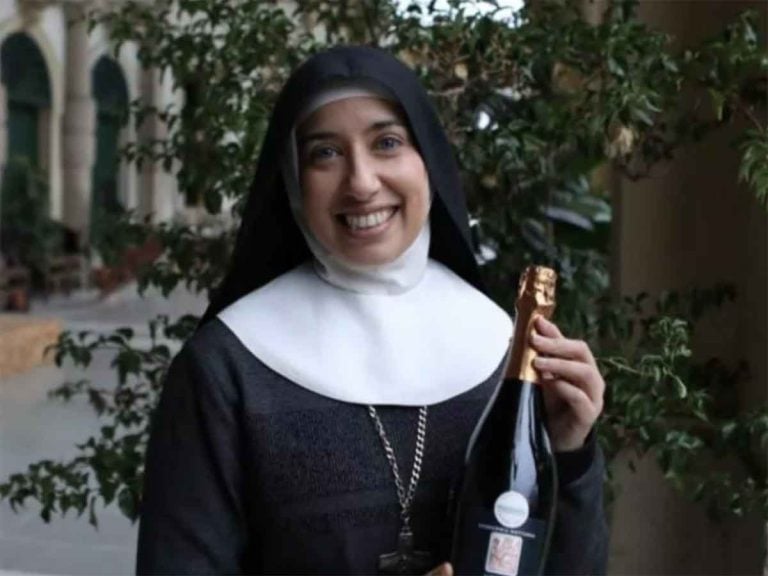
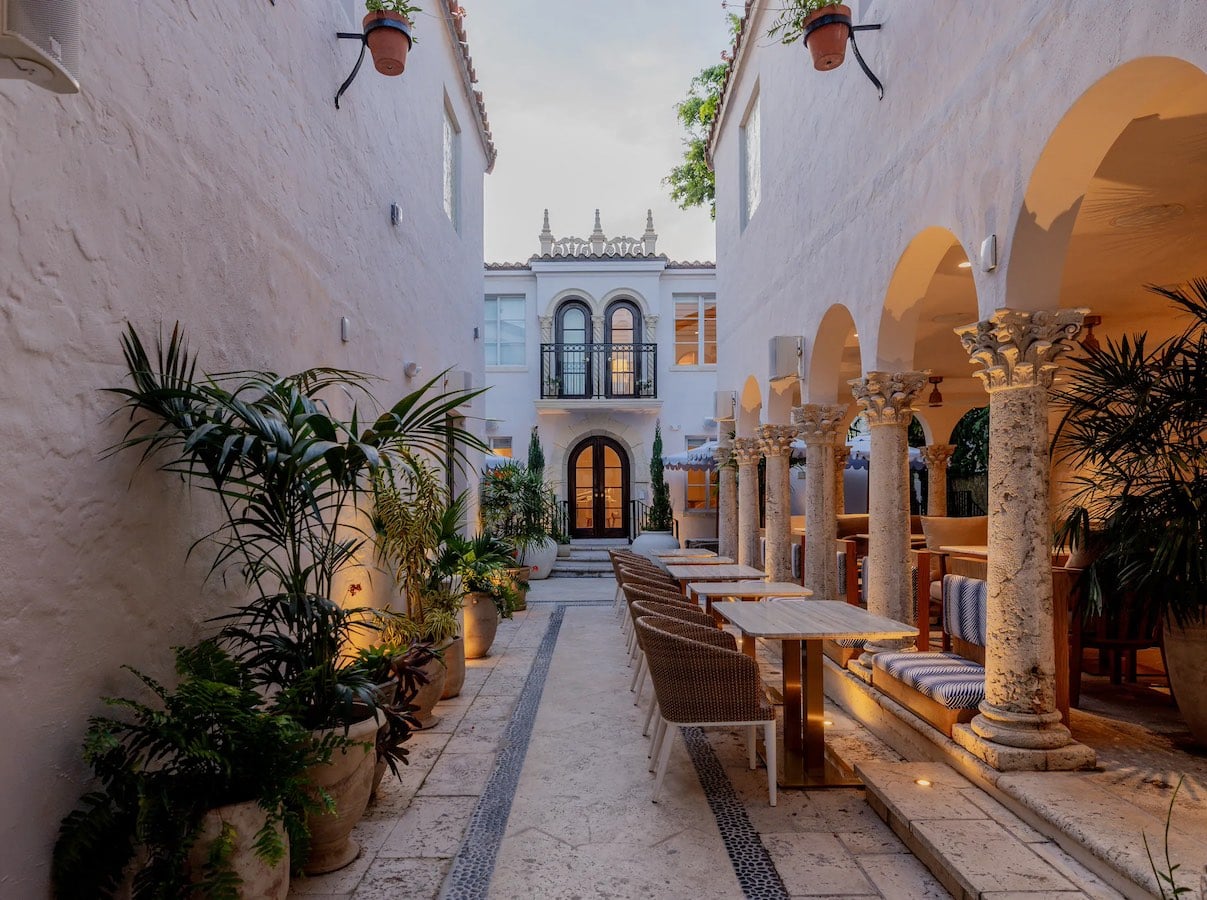 Versace opens a super hotel with an Italian restaurant. Here's what Donatella Hotel & Restaurant in Miami will be like
Versace opens a super hotel with an Italian restaurant. Here's what Donatella Hotel & Restaurant in Miami will be like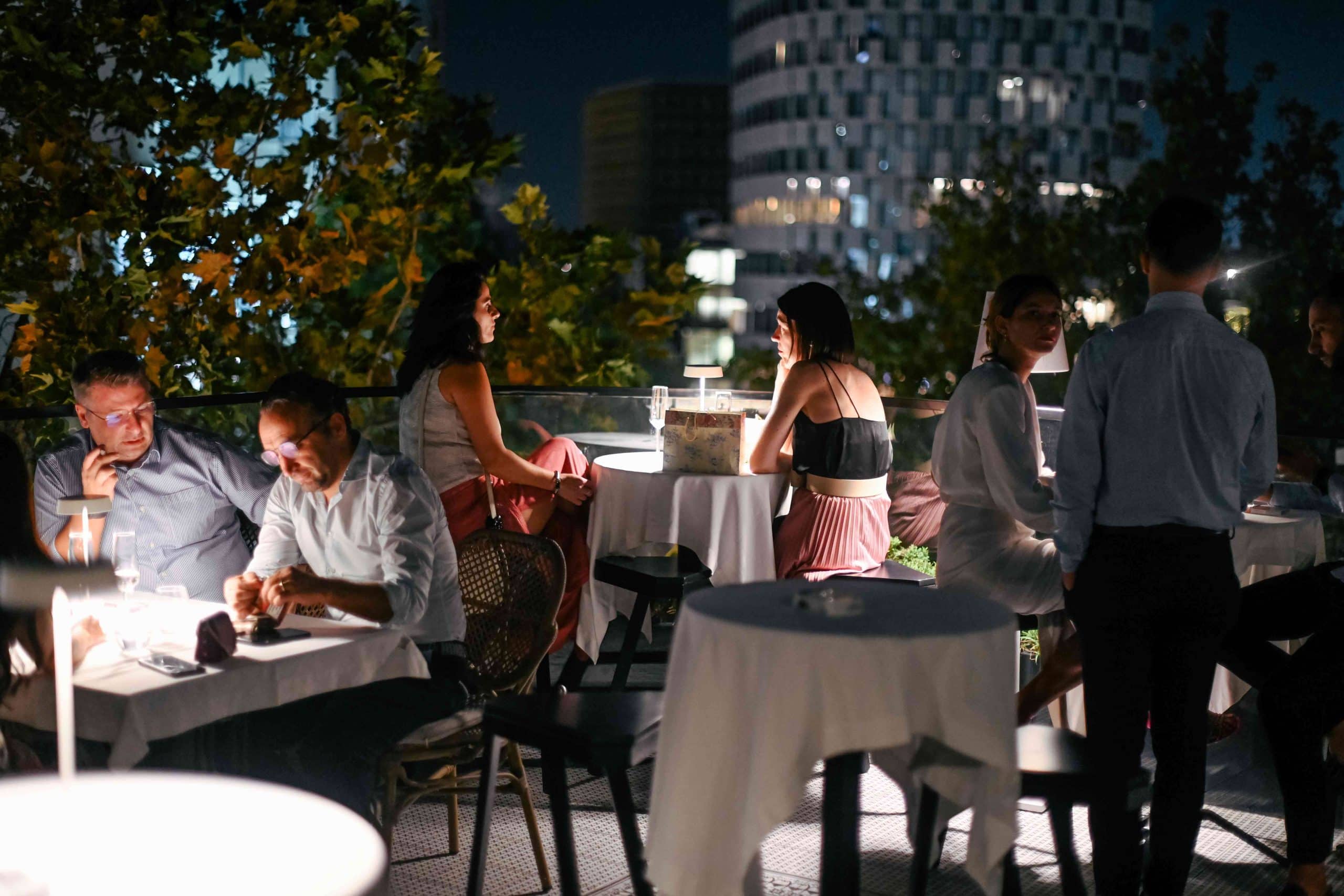 At The Crown Tirana, service and quality at the highest levels
At The Crown Tirana, service and quality at the highest levels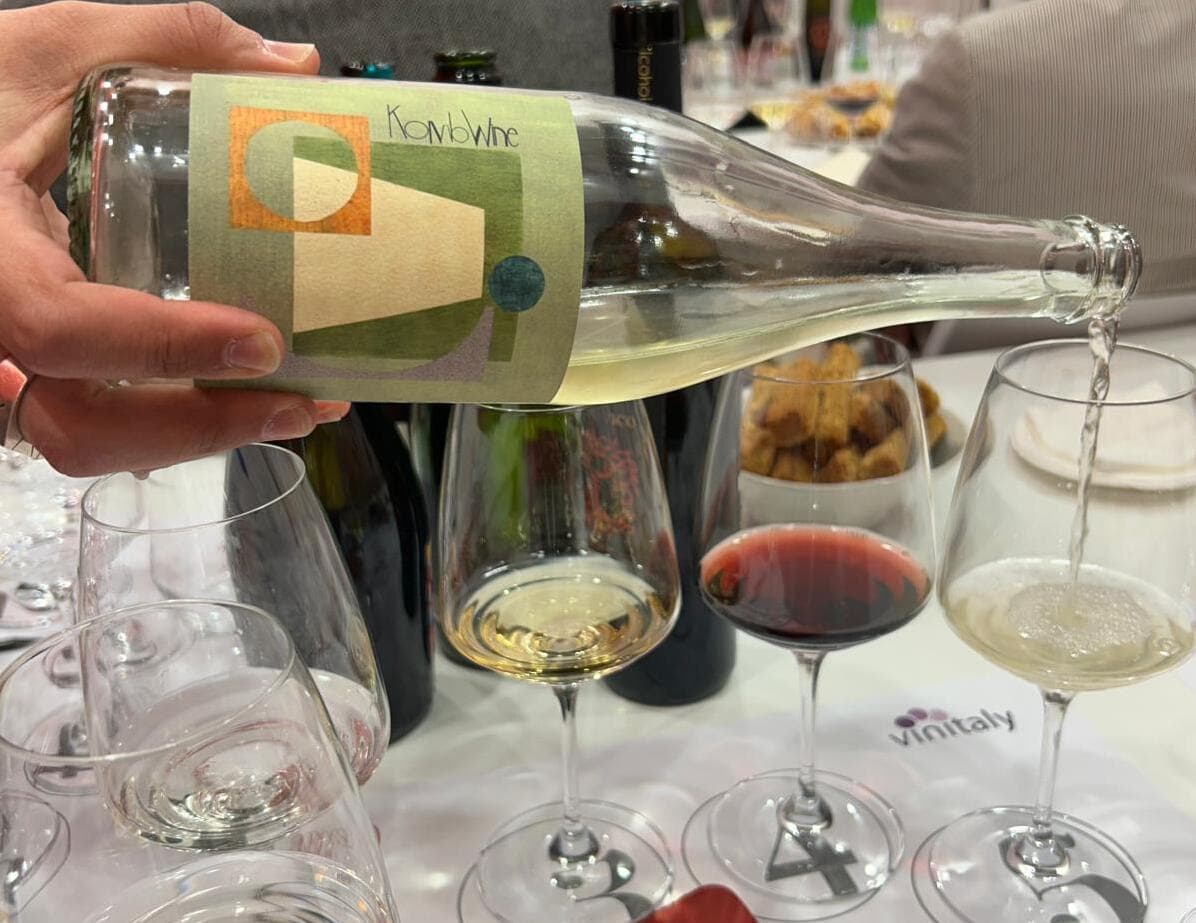 We tasted Komb(w)ine, the new product that combines grape must and kombucha. Here’s our verdict
We tasted Komb(w)ine, the new product that combines grape must and kombucha. Here’s our verdict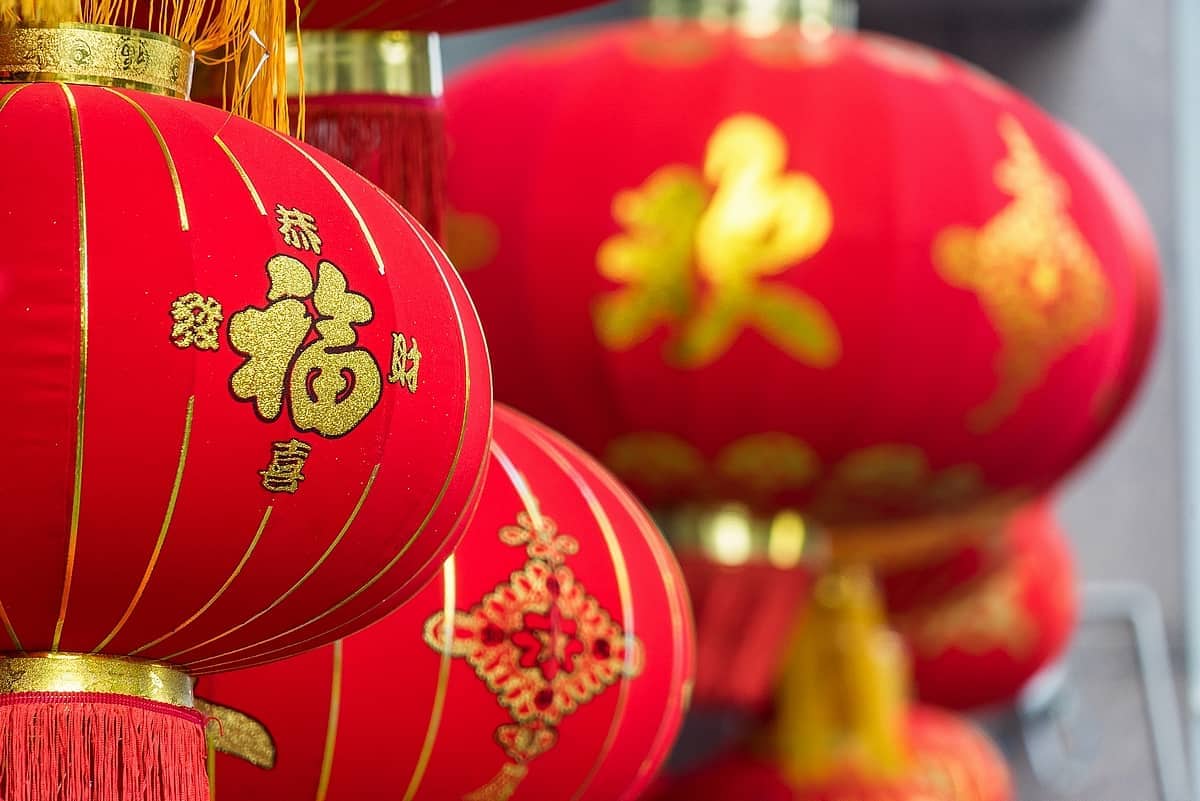 What changes for the export of Italian wines to China under the new regulations?
What changes for the export of Italian wines to China under the new regulations?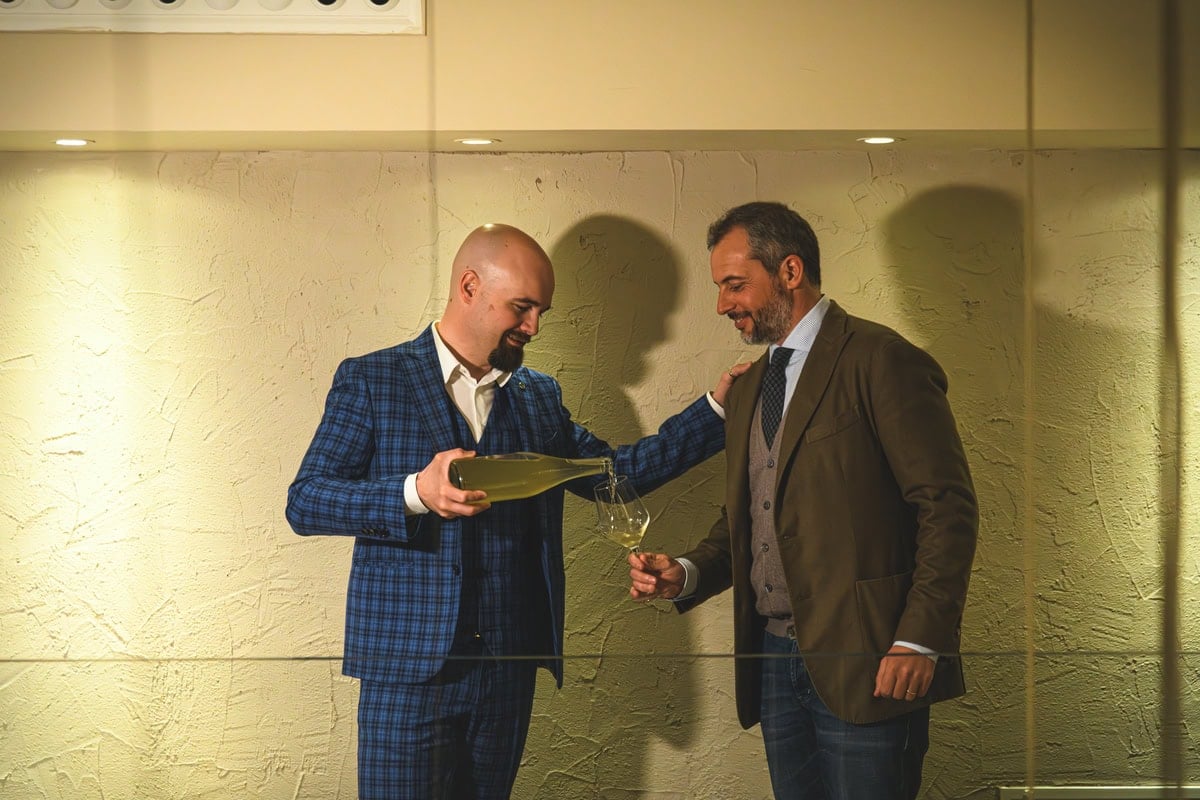 “Forget dealcoholised wines. The future is Komb(w)ine.” Moser and Ravizza present a new grape must-based product
“Forget dealcoholised wines. The future is Komb(w)ine.” Moser and Ravizza present a new grape must-based product